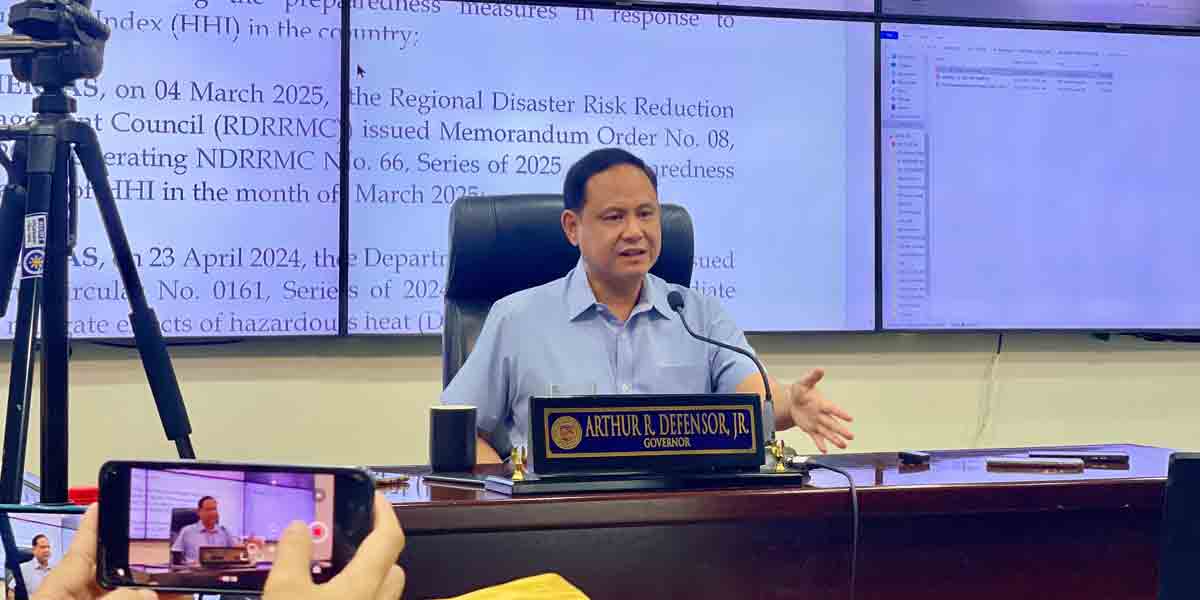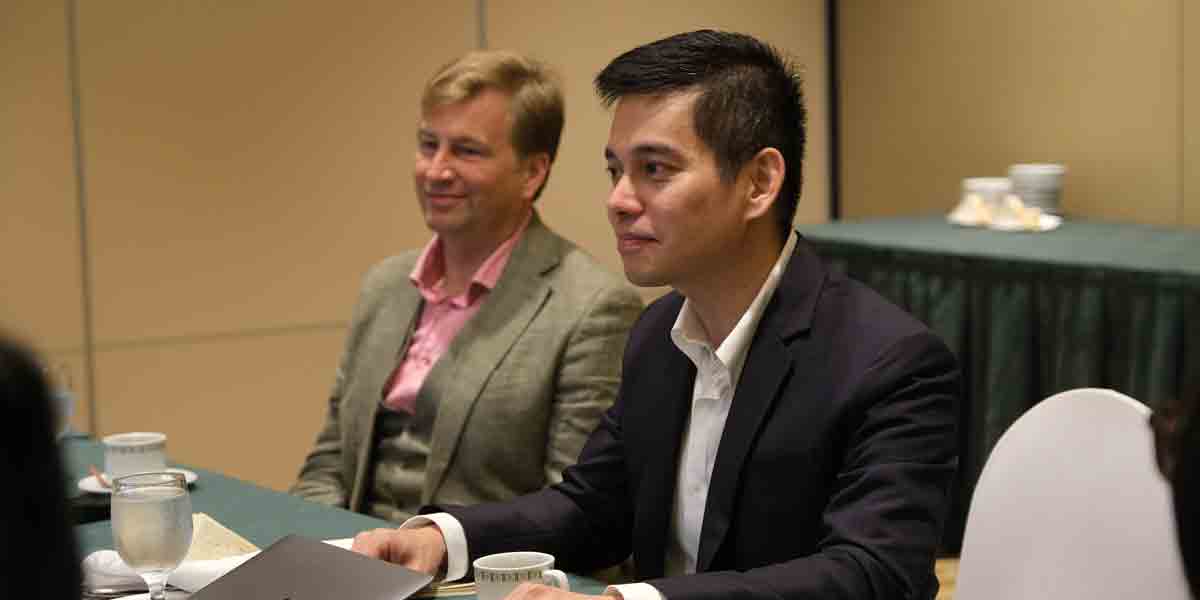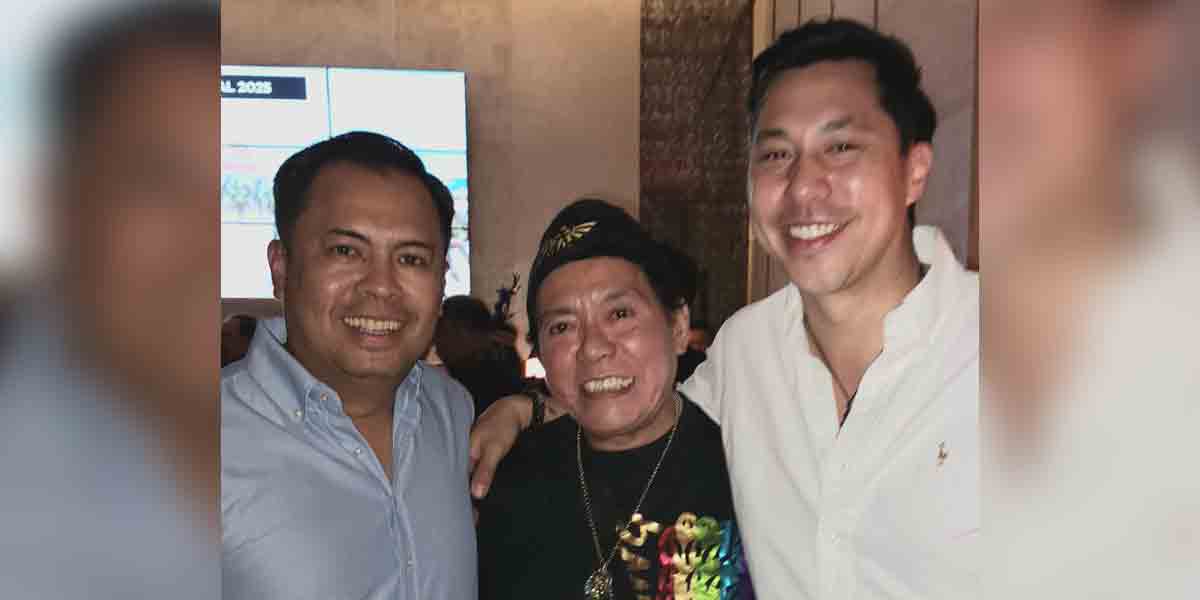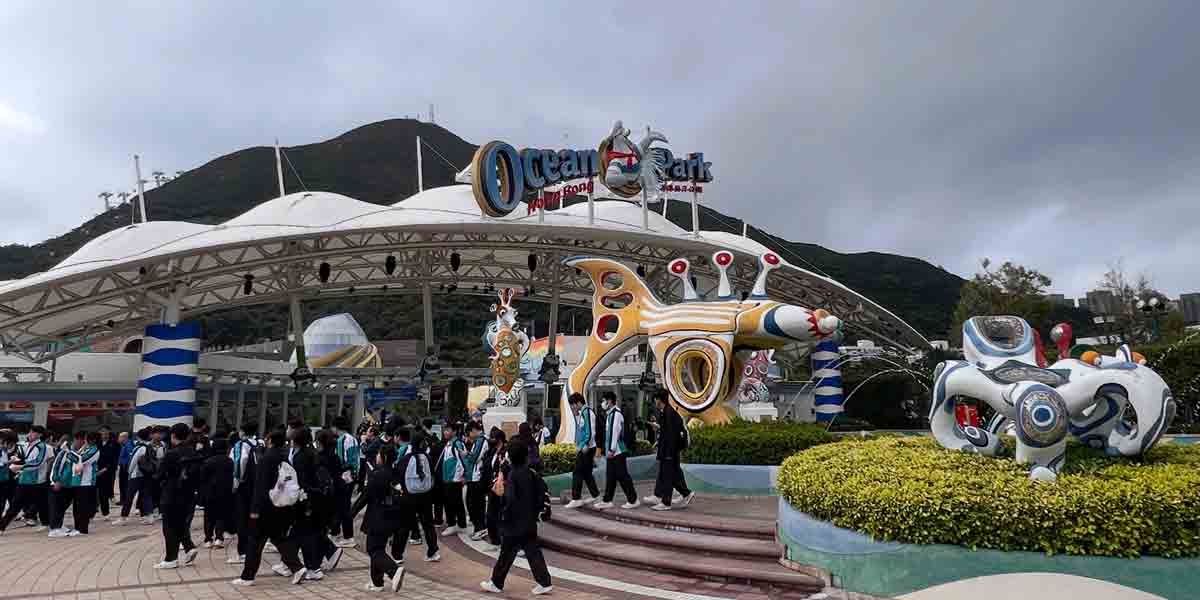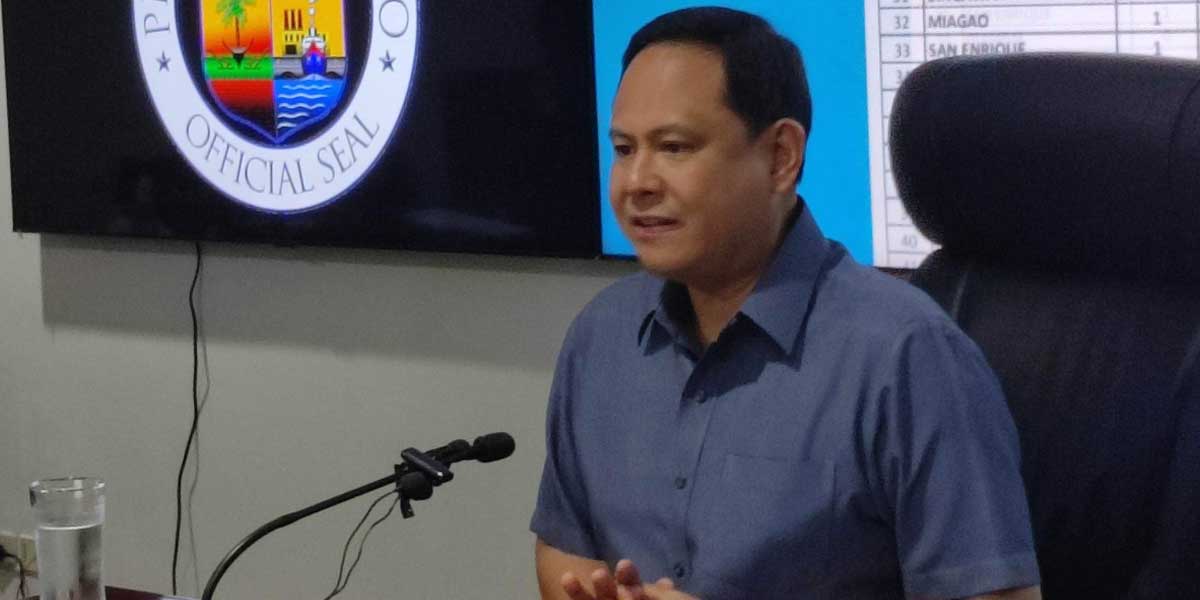 By Herbert Vego
By Herbert Vego
HOW would Dr. Farah Agustin-Bunch have responded to the COVID-19 pandemic?
I tried to reach her online, but all I got was a short message that she was still “not here” – obviously her only response to any inquiry from her thousands of patients.
It could only mean that her medical clinic in Victoria, Tarlac — closed down in August 2018 by order of the Food and Drug Administration (FDA) – has remained inoperative.
Dr. Farrah Bunch is no quack doctor. A licensed physician, she received her medical degree from Saint Louis University in Baguio and completed a Holistic Health Practice course at the Natural Healing College in Los Angeles, California in 2002.
Dr. Bunch and the FDA have filed criminal court cases against each other, but they have remained undecided.
The FDA had raided and closed her medical clinic in Tarlac City for selling herbs grown in her backyard.
By chance, however, I stumbled upon a short video-recorded statement of hers on YouTube, summarizing her approach whenever asked for advice on COVID-19.
“Like any other viral infection,” she said, “coronavirus is self-limiting, more often than not simply fading away against a strong immune system.”
Like other physicians, she recommends cleanliness, sanitation and observance of health protocols as deterrents to viral infection.
Unlike them, she would rather “prescribe” plant foods instead of drugs to boost natural immunity. She mentioned “garlic, ginger, honey, cinnamon, vitamins and minerals” as among her preventive antioxidants against diseases.
She made no comment against vaccines being developed to beat COVID-19, obviously to avoid further problems brought about by her adherence to herbal medicine. She has remained suspended from the practice of medicine for developing “concoctions made from plants” to fight cancer.
Doc Farah’s popularity is undisputed, what with her more than 3.7million followers on Facebook.
I personally believe that the sweeping closure of a medical clinic owned by a licensed physician proves the government’s prejudice vis-a-vis the Traditional and Alternative Medicine Act (TAMA) that then-President Fidel Ramos signed into law in 1998.
Originally proposed by the late Senator Juan Flavier, the law created the Traditional Medicine Authority (TMA) to promote the systematic and scientific development of alternative and traditional medicine in the Philippines. It was intended to complement, not displace, conventional medicine practice.
President Ramos predicted that it would end the passivity of the government in promoting cheap herbal alternatives. How wrong he was!
After 22 years, the law has hardly taken off – no thanks to the hostility of the Philippine Medical Association (PMA), which had attempted to block its passage on the pretext that it would stall, rather than advance, medical science.
The TMA, on the other hand, has surprisingly made itself inactive – probably due to PMA pressure. Deafening is its silence on the foul tactics of multinational drug companies to discredit effective herbs.
The TMA has reneged on its mandate to provide the administrative framework for the protection of the herbal medicine industry.
A few local drug companies, however, have taken steps in synthesizing FDA-approved indigenous medicinal plants into tablets, capsules and syrup, such as lagundi for cough and asthma; tsaang gubat, an antispasmodic; akapulco, an anti-fungal herb; sambong, a diuretic; yerba buena, antipyretic; ampalaya, anti-diabetic; bawang (local garlic), anti-choleterolomic; bayabas (local guava); niyug-niyogan, anti-helmintic; and ulasimang bato, anti-hyperuricemia (excess uric acid).
No doubt, hard-up individuals have proven for themselves the efficacy of natural medicines.
If TAMA had been fully implemented by TMA in collaboration with the FDA, an estimated 70 other folkloric plants would have already been approved for therapeutic uses. The vegetable malunggay, for instance, when encapsulated, still bears the FDA-required warning “no approved therapeutic claim.” And yet it sells like hotcakes simply because users find it effective against hypertension, arthritis, scabies and constipation, among others. No wonder manufacturers of “junk noodles” have decided to enrich them with malunggay.
The failure of the law to right the wrong image of traditional medicine as quackery stems from the bias of Filipino physicians for conventional Western pharmacology as taught in medical schools. Multinational drug companies, fearful of diminishing patronage, sponsor yearly foreign junkets for popular specialists who prescribe their branded drugs. Moreover, proud physicians cling to the belief that primitive medicine is obsolete in modern times. They would not have spent a decade in college if they would only end up as “glamorized herbolarios.”
On the contrary, bigger countries have extensively explored indigenous and alternative healing traditions. China has already successfully embedded hitherto questionable traditions like acupuncture and acupressure with conventional medicine.
The Office of Alternative Medicine in Washington DC has officially validated homeopathy — a medical system based on the belief that the body can cure itself using tiny amounts of natural substances.
Nutritional medicine – including fruits, herbs and vegetables — was the stuff that the Greek father of medicine, Hippocrates (460-357 BC), prescribed to his patients.
But, alas, it’s not the medical practitioners swearing by the Hippocratic oath who call the shots; it’s the Big Pharma that produces expensive drugs.
Ay ahay…


